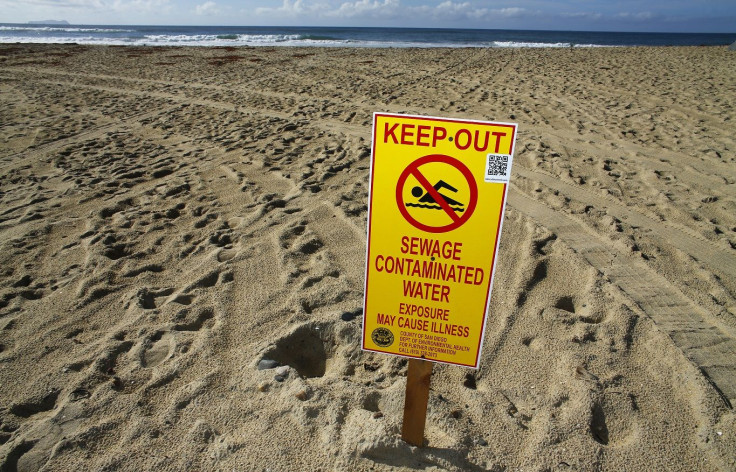Environmental Agency Says $847B Needed to Clean America’s Sewers

The clogged, dirty and ageing American sewers are not a trivial matter for the national government, which has already spent millions of dollars just to keep the water running through individual pipelines safe, clean, and potable.
According to a 2014 report from Circle of Blue organisation, the U.S. Environmental Protection Agency admitted that the government needs to spend at least $US633 billion [$847 billion] to treat clogged sewages and supply potable water to the public until 2035. Washington, for example, will be spending US$2.6 billion on new tunnels that will collect and send any overflow to a water treatment facility instead of pouring it into the rivers.
However, a large percentage of this money could be saved if the residents themselves would learn how to take care of their individual tanks, as household waste remains a top reason why most waterways across the country end up clogged and susceptible to overflowing. "People need to care about this because we are talking about sewage, and it's a major, major public health issue," Mark Pollins, director of water enforcement at the EPA told USA today.
But according to Ecosciences, Inc. (OTCQB: ECEZ), an environmental technology firm in New York, this predicament is not just exclusively American. Currently, the company is in talks with various industry leaders in the Middle East, India and Europe to help their respective governments reduce expenditures on sewer maintenance and clean-up projects.
The company is convinced that its products can introduce significant changes in the water and sewer line treatment segment, especially if every country’s government educates its people on the importance of caring about their individual pump station and septic tank system.
“Every industry is spoiling the rivers—and I believe that we are the solution to this problem. Our new products are easy to implement,” Wall Street Revelator’s Andy Carpenter said. The Johnson Foundation recommends conserving water, the construction of next-generation wastewater treatment plants, and devising a new utility business model to minimise the production of wastewater.
Contact the writer: a.lu@ibtimes.com.au





















